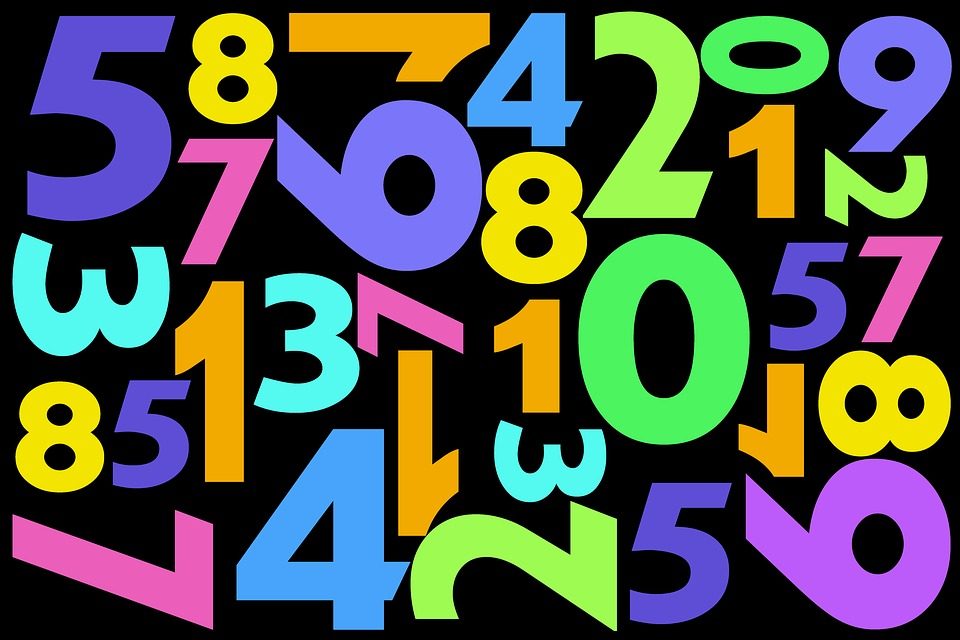Confusing ‘Korean age’ system dies hard
The year 2019 has arrived. This means all Koreans have just become a year older. Welcome to the “Korean age” system, in which everyone becomes a year old at birth and gains an additional year every New Year’s Day. This method originated in China centuries ago and was once used by several countries in the region, including Japan. But today, Korea is the only country where it is still dominantly used. Many people think the system is confusing and needs to be abolished; thousands of people have even signed petitions on the Cheong Wa Dae website demanding change. But it dies hard ― why?
One of the reasons is that there is little the government can do about it. Laws were enacted in 1962 to adopt the international age system that counts how many years it has been since a person was born. Since then, Korean ages have disappeared from legal documents. In other words, Korean ages only exist in the perceptions of Koreans. In other countries, such legislative change would have gradually led to perceptional change. But in a culture where age is one of the critical factors defining hierarchy and relations with other members of the society and questions about age are acceptable and common, the old system has proved to be resilient.
Experts say that if Koreans want to change the culture they need more campaigns, not petitions. According to a survey by local pollster Lime last year, 68.1 percent of respondents said they would prefer using the international age system, while 31.9 percent said they were in favor of keeping both systems.
By Jung Min-ho
(Korea Times)

























































